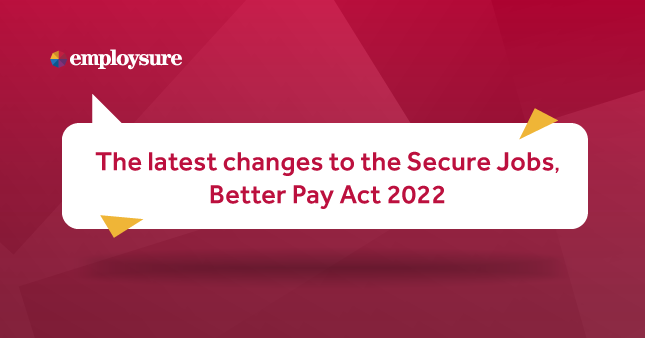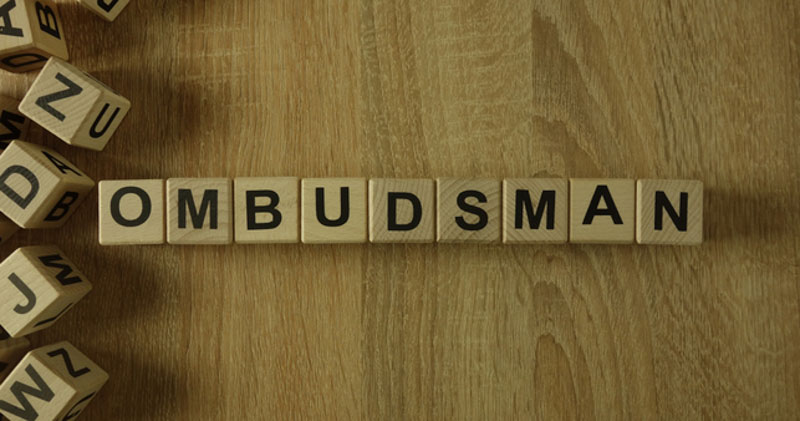
As employer in Australia, you have to be aware of groups and bodies that work for the benefit of employees. These bodies govern employer and employee relations and are crucial to your business and its growth. One of the most important bodies is the Fair Work Commission.
What is the Fair Work Commission?
The Fair Work Commission (FWC) is Australia’s national workplace relations tribunal. It is an independent body with the power to carry out a range of functions relating to employment. As an organisation working for the benefit of Australia’s workforce, its functions include enforcing the safety net of minimum wages and employment conditions, enterprise bargaining, industrial action, dispute resolution, termination of employment, and a variety of other workplace matters.
The Fair Work Commission is an independent body, which operates in a similar way to a court. It can hear claims and disputes which are related to the workplace and deliver binding decisions which must be adhered to. The primary objective and responsibility of FWC is to assist employees and employers in maintaining fair and productive workplaces.
What Is The Role Of The Fair Work Commission?
The Fair Work Commission has a number of roles and responsibilities. Some of its key responsibilities include:
• Setting the national minimum wage
• Creating and changing Modern Awards
• Approving enterprise agreements
• Acting as the independent moderator in disputes including unfair dismissal and adverse action
• Resolving disputes under awards, agreements, or the National Employment Standards (NES)
The Fair Work Commission also has the power to award determination for employees. For instance, if a dismissal is deemed to be unfair, they can determine a reinstatement of the job, or even financial compensation depending on the particular circumstance. However, for a determination of this nature to take place, an employee must lodge an application form, as well as stipulate their reasoning. They may believe they have been:
• Unfairly dismissed
• Discriminated against, victimised or unfairly treated under the provisions of the Fair Work Act
• Bullied at work and want an order to prevent that from occurring
After the application has been completed and submitted by the employee, FWC will assess the application, and send documents to the employer with the request for a response to the claims. This is the beginning of the mediation process with the next steps being dependent on the employer’s response and the severity of the claim.
What Is The Process For Unfair Dismissal Claims?
Over 40% of applications made to the Fair Work Commission are related to claims of unfair dismissals. It is important to note that while many employees may consider their dismissals to be ‘unfair’, the Fair Work Commission defines an unfair dismissal as, “harsh, unjust or unreasonable”.
When presiding over a matter, the Fair Work Commission does not only assess the question of fairness as to why the employee was dismissed, but they also look into how they were dismissed. What this means is that even though an employer may have a legitimate reason to dismiss their employee, if the dismissal itself was not procedurally fair, it may still be deemed to be “harsh, unjust, or unreasonable”.
When considering procedural fairness, the Fair Work Commission will make its determination based on three key factors:
If the allegations were put to the employee in adequate detail
If the employee was allowed to respond appropriately, and
Whether or not the employee’s response was taken into account before the termination was executed.
As an employer, you should know that when the Fair Work Commission assesses issues of unfair dismissal, it is expected that employers are able to demonstrate that they have taken all reasonable actions to resolve the issue prior to ending the employment.
In the interest of promoting positive relations between employee and employer, FWC also provides the opportunity for the two parties to have an informal conciliation before the case is listed for hearing. This is so that both sides have the chance at coming to an agreed settlement without the need for a court hearing. That being said, the conciliation is hosted by an independent conciliator who is part of the Fair Work Commission. They do not represent or advocate for either employees or employers, with their role only to assist the two in reaching an agreement.
While the conciliator will be an independent party to the discussions, they do play an active role in ensuring the proceedings occur in the most beneficial fashion for all involved.
Specifically, the role of the conciliator is to:
Actively help the parties to reach a resolution
Lead discussions and provide guidance
Explore the issues
Challenge views expressed, explore alternatives and comment on possible outcomes
If the conciliation process is unsuccessful in resolving the issue, then the case will proceed to a formal conference or hearing – similar to a court hearing, unless the employee discontinues the application. It is often preferable for both parties that any unfair dismissal issues be resolved prior to a hearing as the process requires extensive preparation and requires representation for both parties.
Get Workplace Advice Now
Call Our Team of Expert Advisers To Get Help With Your Workplace Related Questions.


